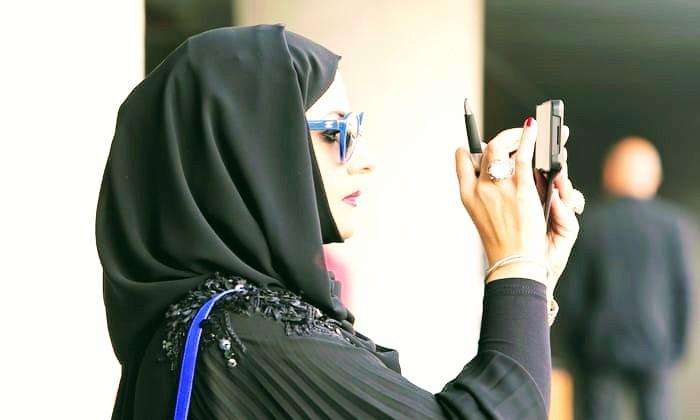Self-harm is a challenging topic for many people to discuss, particularly among Muslims and among teenagers, and it frequently turns into a struggle that goes unspoken. When someone intentionally injures themselves, such as by burning, cutting, or scratching their skin, as a coping mechanism or a way to relieve intense emotions, this is known as self-harm. Daily Dazzling Dawn understand that, many youngsters' personal challenges in life frequently conflict with cultural and religious demands in Muslim households.Many are already pressured to be "perfect" Muslims or to meet family expectations, whether it’s about school grades, behavior, or even how they express themselves. This overwhelming pressure can lead to feelings of failure and isolation and instead of getting support, the majority of young people hide their struggles out of fear of being judged or misunderstood.
The Role of Culture
Culture plays a big part in how mental health issues and problems, including self-harm, are understood and handled nowadays.
In many Muslim communities, self-harm isn’t seen as a problem and is seen as shameful, sometimes even sinful. Instead of being viewed as a sign of emotional pain or a cry for help, it is usually as "attention-seeking" behavior or blamed on a lack of faith.This makes teenagers extremely reluctant to reach out for help due to the fear of being put down or judged for their struggles and many continue to struggle in silence.
The emotional block in culture can make teenagers feel worse and even more alone and they may think that nobody will ever understand them and that their feelings are invalid or that they are a ‘bad Muslim’ for feeling this way.
The truth is that self-harm doesn’t mean someone is a bad person- It’s a way people try to cope when they don’t know how else to deal with their pain.
The answer to this is not judgment or criticism. It is support, understanding, and compassion. When we approach these issues with care and an open mind, we can create a safe space where young people feel comfortable sharing their feelings and seeking the help they need.
How to Combat Self-Harm
Although self-harm can feel like a cycle that’s hard to break, there are ways to stop it. Here are some simple steps teenagers can take:
Recognize the Need to Heal: Understand that self-harm is a way of coping with pain. It’s not the problem; it’s a symptom of deeper issues.
Replace Self-Harm with Healthy Coping Mechanisms: When you feel the urge to hurt yourself, try these instead:
Write your feelings in a journal.
Hold an ice cube in your hand or snap a rubber band on your wrist for a similar sensation that doesn’t cause harm.
Draw on your skin with a marker instead of cutting.
Reach Out for Help: Speak to someone you trust, like a teacher, school counselor, or even a close friend. If talking to family feels hard, try explaining your feelings through a letter or texting.Use Faith as Support, Not a Burden: Islam encourages self-care and seeking help. Reflecting on Allah’s mercy and turning to dua can bring comfort. But remember, it’s okay to seek professional help alongside spiritual support.
To truly help Muslim teenagers struggling with self-harm, we must break the silence around mental health. Self-harm is not a taboo but a call for people to listen and understand. Imams, teachers, and community leaders can support by creating safe spaces and addressing these issues openly.
Remember, self-harm does not define you. Healing is possible with the right support. As Allah reminds us, “Verily, with hardship comes ease” (Qur'an 94:6). You are never alone—help is always within reach.
Hadith: "Allah does not burden a soul beyond that it can bear" (Qur'an 2:286).
Sources:Mind.org.uk/YoungMinds.org.uk
_3.jpg)







.svg)



_3.jpg)